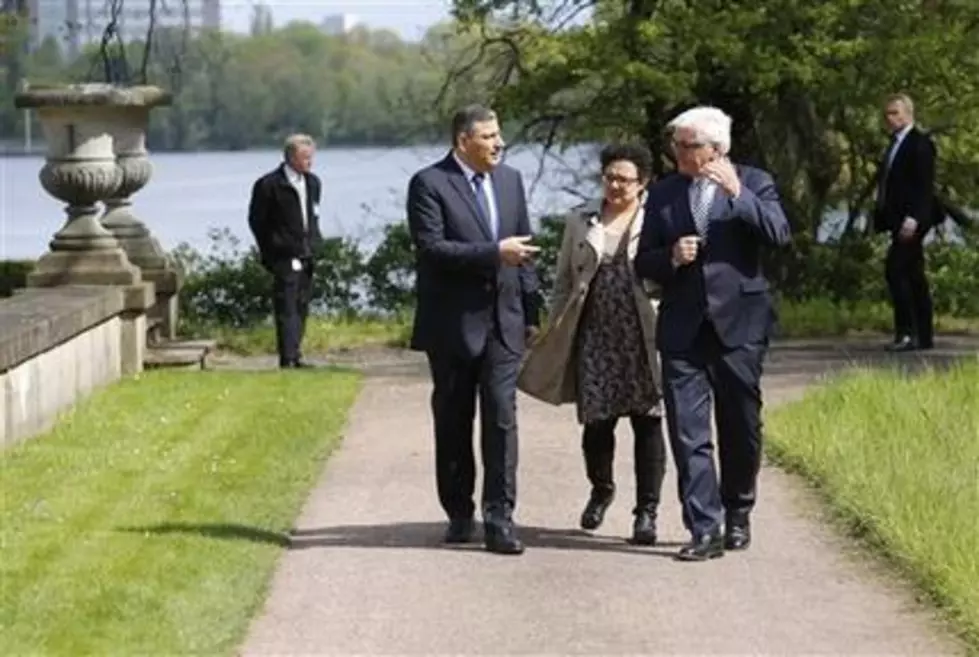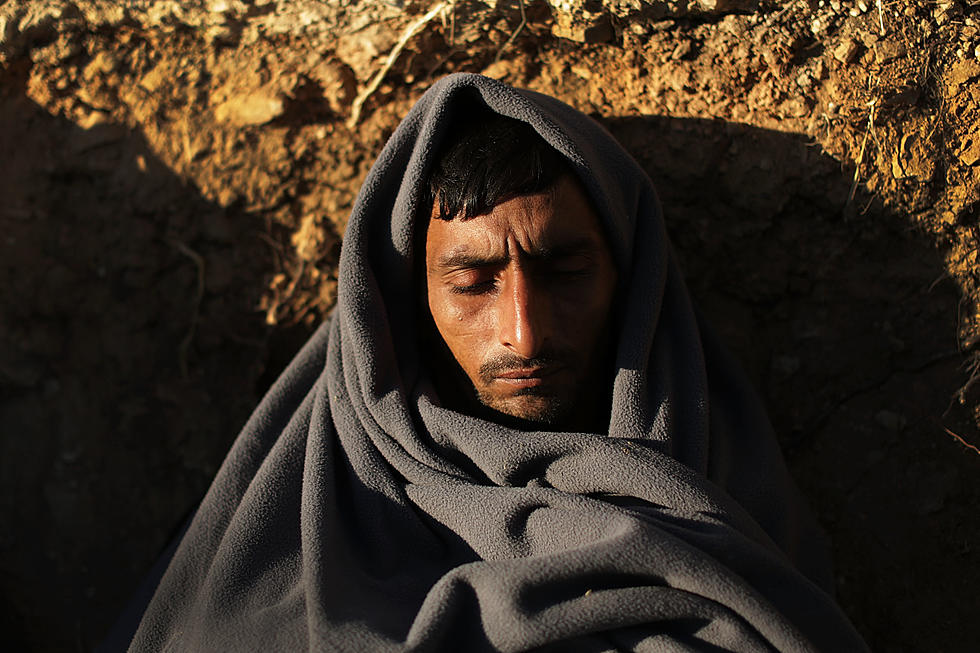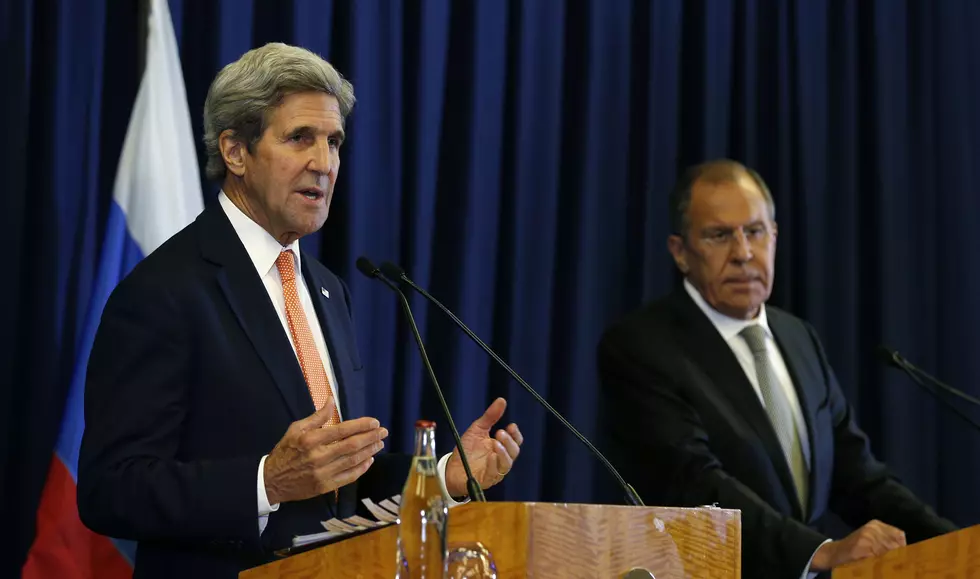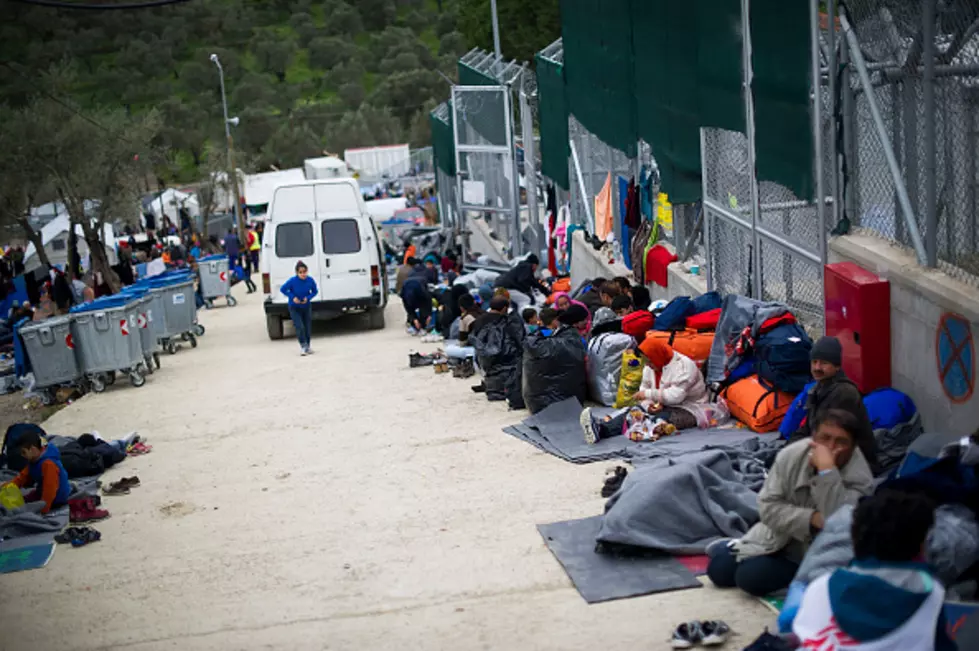
US announces extension of Syria truce to Aleppo
The United States and Russia have persuaded Syria's government and moderate rebels to extend the country's fragile truce to the northern city of Aleppo, although sporadic clashes continue, U.S. officials said Wednesday.
The agreement was reached late Tuesday and took effect at 12:01 a.m. Wednesday Damascus time (7 a.m. EDT).
How important the partial truce proves will depend on its durability. The U.S. and Russia finalized a nationwide cease-fire in late February, but have struggled to make it stick. Secretary of State John Kerry expressed hope on Tuesday for a more sustainable arrangement.
Since Wednesday's truce in Aleppo started, "we have seen an overall decrease in violence in these areas, even though there have been reports of continued fighting in some locations," State Department spokesman Mark Toner said.
"It is critical that Russia redouble its efforts to influence the regime to abide fully," he said, while "the United States will do its part with the opposition."
Three people were killed on Wednesday in renewed shelling by Syrian rebels of government-held areas in Aleppo, state media and opposition activists said.
The violence in Syria's largest city and once its key commercial center has continued for almost two weeks despite intense diplomatic efforts to restore the cease-fire. The U.N. Security Council also was due to meet later Wednesday to discuss the escalation.
Toner said Washington and Moscow would monitor the truce closely. "Attacks directed against Syria's civilian population can never be justified, and these must stop immediately," he said in a statement.
The deal on Aleppo follows reaffirmations earlier this week of truces in the Damascus suburbs and coastal Latakia province.
The cessation of hostilities, as diplomats call it, doesn't apply to the Islamic State group or the Nusra Front, al-Qaida's Syria affiliate, which has caused problems in in places such as Aleppo.
In some battles there and elsewhere, Western and Arab-backed militants have fought alongside those swearing allegiance to al-Qaida, making it hard to determine which Syrian government offensives or Russian airstrikes constitute violations.
Nearly 300 people have been killed during this latest spate of violence in Aleppo. Over the past two weeks, hospitals and civilian areas in the divided city have come under attack from government warplanes, as well as rebel shelling.
In the eastern Ghouta, near Damascus, Toner said a truce will be extended for 48 hours following overnight airstrikes by President Bashar Assad's government.
"Our objective remains, and has always been, a single nationwide cessation of hostilities covering all of Syria - not a series of local truces," he said.
(Copyright 2016 The Associated Press. All rights reserved. This material may not be published, broadcast, rewritten or redistributed.)
More From New Jersey 101.5 FM









